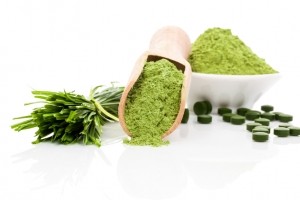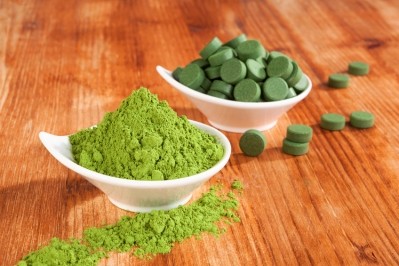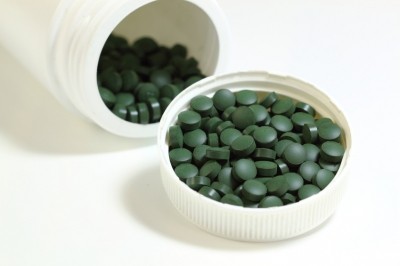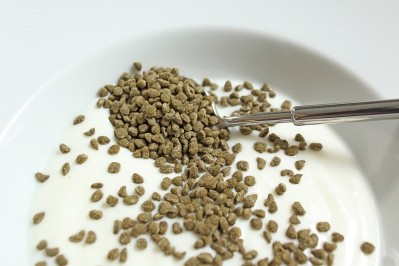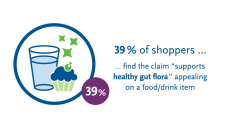Dutch player enters busy Chlorella vulgaris market
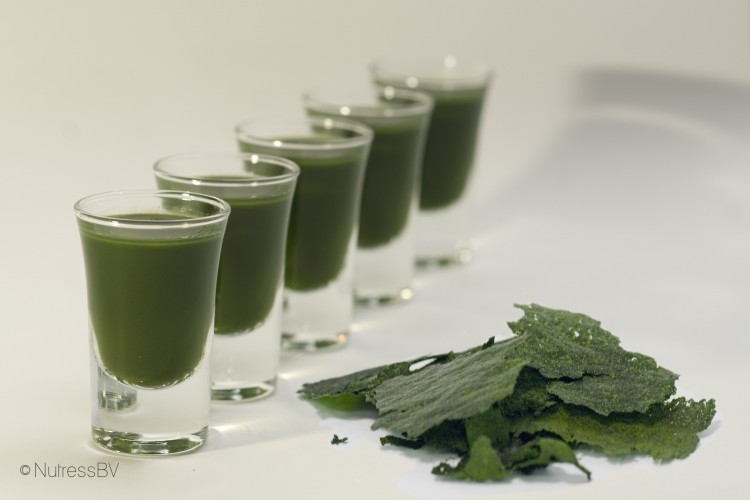
The indoor, closed system-grown algae will be offered in various sectors ranging from food, nutraceuticals, animal feed and cosmetics.
“We stand out”
Nutress faces stiff competition from big players such as Roquette and DSM-Martek as well as smaller companies such as Portuguese producer Allma or Californian-based Aurora Algae.
Nutress, which already produces another strain, Chlorella sorokiniana, claims that it is different from other microalgae producers because of its proprietary cultivation method.
According to communications officer Anneke Roes: “We cultivate algae in an axenic way – this means that we clean the microorganisms before we start cultivating. Our microalgae are free from contamination from other microorganisms, bacteria or iodine so we don’t have to use anti-bacterial chemicals. To our knowledge we are the only manufacturers to do this in this way."
Roes told NutraIngredients that while axenic cultivation of micro algae is generally presumed to be impossible, Nutress had found a way to do so.
"I am not sure which other companies use what kind of technology," she said. "But if you look at all the Chlorella labels and compare: their iodine levels are through the roof. Our products are free of iodine and / or antibacterial."
The Nutress production system is ISO 22,000:2005 certified.
A fresh flavour enhancer
Current applications include powders, tablets and capsules but the company says it is researching other innovative applications, such as fresh pastes and IQF (individually quick frozen) pellets.
According to Roes, taste is not an issue with the fresh products as they will be marketed as food ingredients with flavour-enhancing properties.
“We have found that algae can give a subtle round flavour to food, meaning you can decrease the amount of added sugar or salt as well as enhancing the vitamin and mineral content of the food.”
The company is also looking to improve the purity of its tablets by reducing the use of filling agents.
Chlorella may not have the mainstream exposure of fellow green algae, spirulina, but the emergence of new players demonstrates the potential of a 3-5000 tonne global sector dominated by Asian and Chinese raw material. About 90% comes from there and there have been quality issues amid raw material pricing varies greatly from €10-€80/kg.
We don’t know what’s in it – but we know it’s good
Roes said that while Nutress knows that Ch. vulgaris is rich in nutrients – such as amino acids, fatty acids and antioxidants like lutein – it is still carrying out tests to see what else the microalgae strain contains. There are no approved health claims for chlorella in the European Union and other players are marketing it on a broad wellness message. Some studies are underway that may assist it in winning a claim.
“We know that there will be a difference in terms of nutritional values but we are still waiting for the results of our analysis to come back before making definite statements. The analysis results will confirm how Ch. vulgaris differs from Ch. Sorokiniana.”
She added: “People want to believe in the goodness of Chlorella,” she added.
The biggest existing markets are in supplements in Japan and the US.
Nutress will be showcasing the new line at Vitafoods Europe in Geneva in May.
